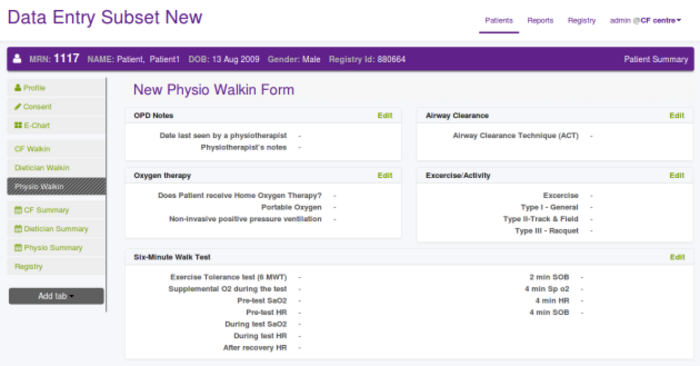This Dublin tech firm has sealed a €5m deal to help fight rare diseases across Europe
OpenApp has agreed a five-year contract with the EU.
A DUBLIN-BASED HEALTH software company will roll out a service to help tackle rare diseases across Europe after securing a €5 million contract with the EU.
OpenApp, which was founded in 2002, also plans to double its staff as it continues developing software for healthcare providers to manage eHealth, patient registry and patient health records.
The deal with the EU will see a new IT platform developed for European Reference Networks to make it easier for researchers to share information on more than 6,000 rare diseases.
These networks cover 1,000 specialist centres with expertise in disease research, with the first signed off on by the EU last year as part of a plan to give patients better access to cross-border health services.
Speaking to Fora, OpenApp managing director Mel McIntyre said the EU contract was an extension of the company’s work with the Irish health service in recent years. The software is expected to be ready to deliver across Europe in six months.
 OpenApp's healthcare software
OpenApp's healthcare software
New norm
In previous projects, OpenApp has developed registries for diseases like cystic fibrosis, Tay-Sachs disease and haemophilia, aiding the secure transfer of patients’ information across national borders.
McIntyre said collaborative, cross-border healthcare will become the new normal soon and the move by the EU shows it is a growing trend.
“We think this is the start of something very new. Cross-border healthcare is a big step and it’s something rare disease treatment cries out for,” he said.
“As we get to know more about genetics, this kind of collaborative healthcare will be much more popular and it will become common.”
New jobs
Over the duration of this four-year contract with the EU, OpenApp also plans to double its staff to 60 employees, according to McIntyre.
He added that the company is also confident it will secure two more big tenders before the end of the year – one of which would be worth up to €5 million.
“Rare diseases are a world issue, they’re not just geographic, and only a small number of healthcare professionals happen to be experts,” McIntyre said.
“So there is a good chance for us to expand our business beyond the EU and build on some of the current work we do in the likes of Singapore in the health tech sector.”





